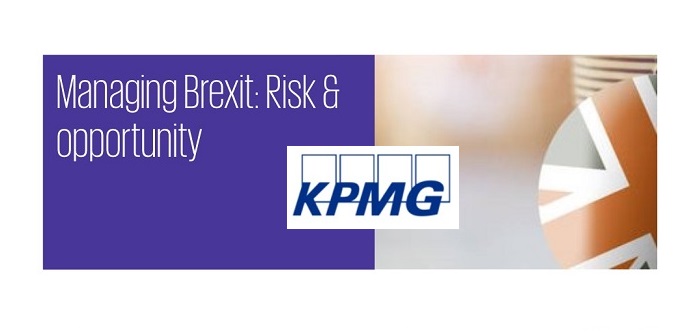Post-Brexit labour concerns, already highlighted by the NFU as a major issue for the poultry industry, are addressed in a new advice note from global accountants, KPMG.
Highlighting the fact than some 2.9 million EU nationals are currently living and working in the UK, the firm’s advice to employers is to start preparing for the future now, but without being rushed into second-guessing how the final settlement may work out or making rash decisions in the process.
KPMG’s list of key questions includes:
- How many EU nationals are in our workforce?
- What is the impact to our business if we lose our EU nationals due to future regulations or their personal choice?
- What skill-sets do we risk losing?
- What up-skilling/cross-skilling do we need to do to mitigate the risk of a skills gap in the future?
- What work permits/visas do our employees hold currently?
- What will be required going forward?
- What is our compliance risk?
- What does our succession/talent pipeline look like?
- What is our contingency planning?
- Where have we typically relied on global mobility to fill skills gaps or build a talent pipeline that now needs to be reviewed?
- What can we do to retain and attract the best talent during this time of uncertainty?
- What can I do to reassure my EU migrant population?
- Is my HR function ready to respond to the challenges raised by Brexit?
- Do we need further support or additional skills in the HR function?
The firm also makes it clear, however, that in the midst of seeking to be well prepared for the future, UK business leaders should also remember that the country is still some time away from Brexit day itself.
“Legally speaking nothing has changed since the referendum, nor will it until at least late 2018, two years after Article 50 is triggered,” said KPMG. “With some time on your side, therefore, this is not the moment to second-guess or make rash decisions.”


